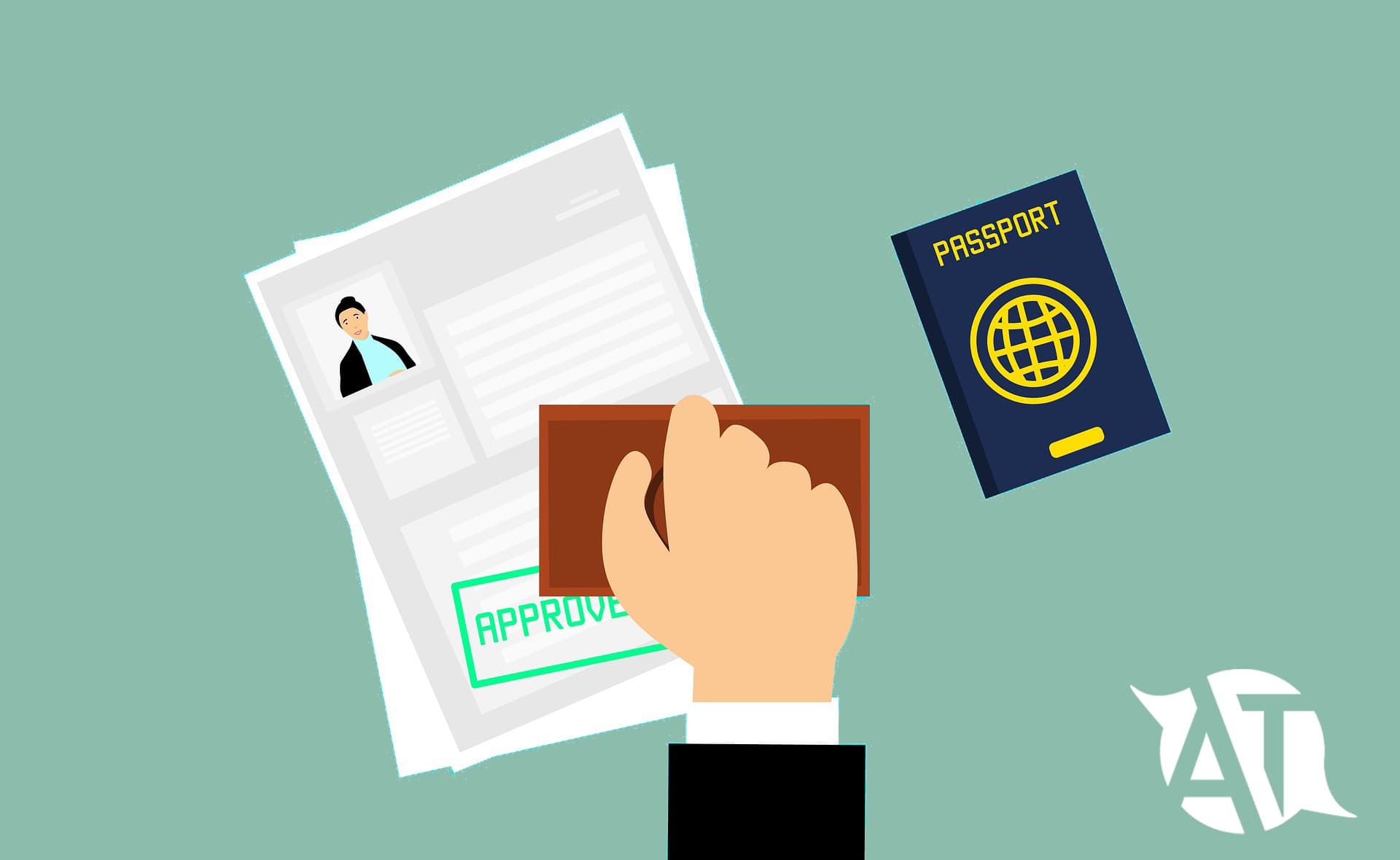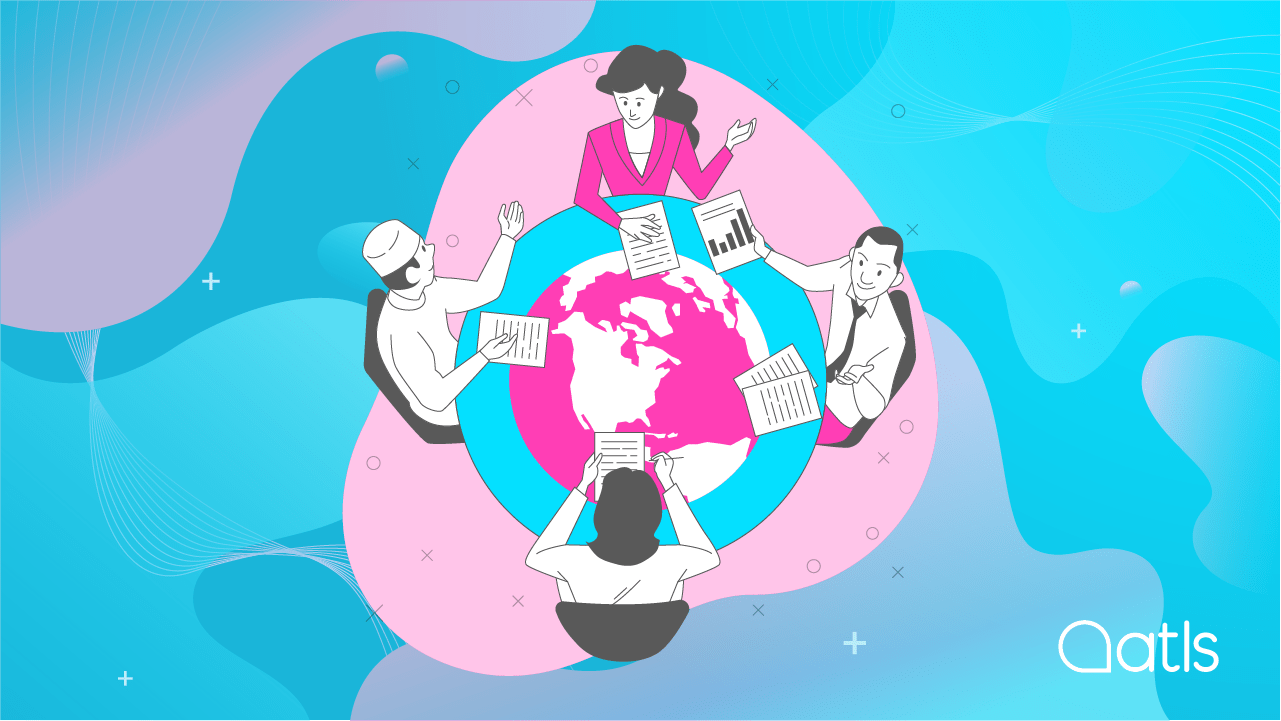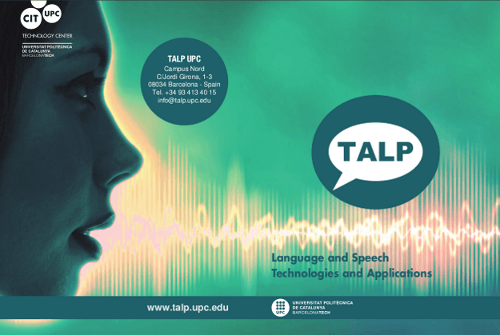The importance of tourism translation

Tourism is an economic driver for many countries, and thanks to globalisation its influence is ever-growing. But in spite of the huge numbers of visitors to cities across the world, there's still one barrier that has the potential to ruin their experience of a country: language. Translation is a tool the tourism industry can use to overcome language barriers and increase market potential, which is why it's essential to give tourism translations the importance they deserve and put your trust in professional translators. In this post we'll explain the importance of translation in tourism and how it can help to increase sales and make visitors feel more at home.
Why are tourism translations important?
If we look at examples of bad translations found on the internet, many relate to texts from the world of tourism and hospitality. It's not uncommon to see serious mistakes in translations of restaurant menus, posters, or leaflets advertising events. And why does this happen? Because there's a perception, among companies, that tourism translation is easy, that anyone can do it... even a free machine translator! But the reality is that translating texts for the tourism sector should be left in the hands of the professionals.
It's extremely important to be able to offer perfectly translated texts in a number of languages of, for example, a hotel's list of services, leaflets/posters, menus, and sensitive documents such as contracts or complaint forms, and even evacuation procedures.
Translating websites and online marketing
The majority of reservations of flights, hotels, and other activities, are made online. In fact, according to an infographic from the German tourism training company TrainingAid, 80% of consumers make purchasing decisions based on information they've found online.
These statistics back up the idea that when it comes to translating websites, online stores, and social networks, it's best to rely on native-speaking professional translators. If a reservations website has mistakes in its translations it generates a lack of trust, and makes potential customers ultimately choose another website which offers the information in their native language. And just like that, a sale is lost.
It's also important to translate social media content and blogs using localisation, which adapts content to the new market and therefore avoids any misapprehensions. We all know how serious an impact a bad customer review on tourism sites such as Booking or Tripadvisor can have.
Transcreation: for adapted content
For content with a more commercial purpose it's important to make changes and adapt content to make sure it suits the new market. This is where localising products and services comes in. And for some marketing and communications, it's important to go one step further and use transcreation.
Every country has its own culture, life philosophy, and sense of humour, so the same message can have a very different impact depending on the nationality of the person who reads it. That's why we recommend you use transcreation services - to offer more natural-sounding content, and above all transmit exactly the same ideas and sentiments to your target audience, and get the reactions you're aiming for.
Promote the boom in other types of tourism
Tourism translation is a way of promoting the boom in other types of tourism: wine, gastronomy, hiking, eco-tourism, and food, among others. The tourism sector has a hugely varied offering, and can be more tempting for overseas audiences than local ones.
Ultimately, companies in the sector need to overcome language barriers by collaborating with specialist companies like ATLS, with more than 20 years' experience helping companies internationalise their products and services. We can help you increase the number of potential clients for your company, improve your image among foreign audiences, and offer perfectly translated products in all languages.




